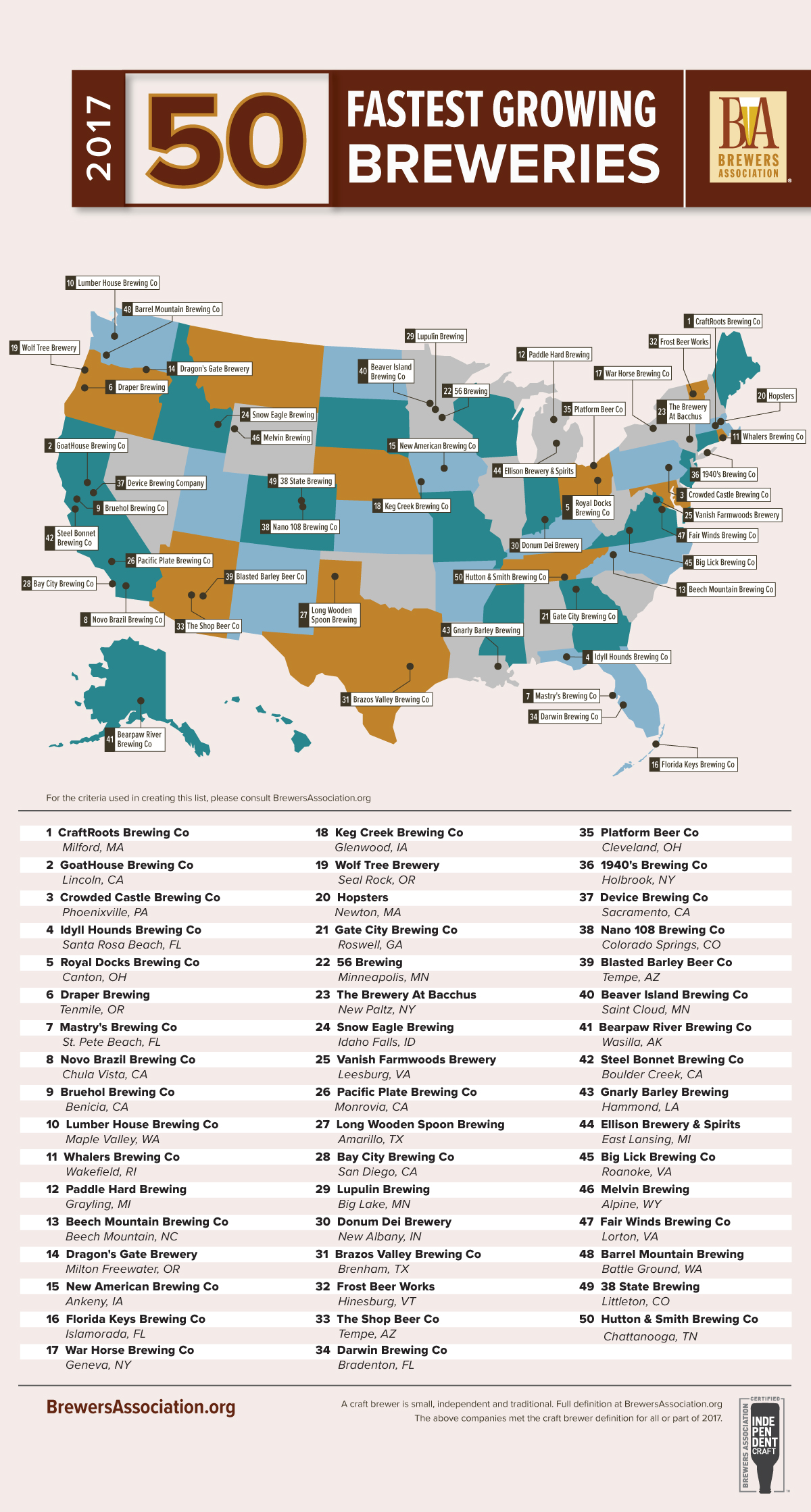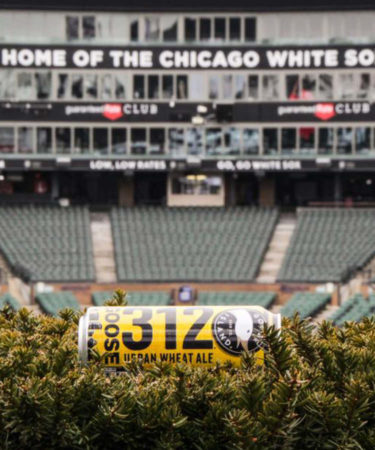2018 has been a banner year for baseball-related beer news. In the latest in a string of brewer-ballpark partnerships (Boston Beer and the Boston Red Sox, Mikkeller in the Mets’ Citi Field), Goose Island has been named the “official craft beer” of the Chicago White Sox.
This will be infuriating to those who do not consider Goose Island “craft beer.” The brewery, though based in Chicago since 1988, was purchased by Anheuser-Busch InBev in 2011 and is thus technically a global conglomerate.
The Goose Island-Guaranteed Rate Field deal (man, baseball stadium names are lame) also came less than two weeks after Chicago’s Revolution Brewing, an independent brewery, announced a deal for its branded taproom at Guaranteed Rate Field. In true AB InBev fashion, Goose Island swooped in and got the whole lot.
If there is injustice here, it is that Goose Island has more money than Revolution (or any other brewery in Chicago), and that beer profits from the park will ultimately fund a multinational, Belgian-based behemoth instead of a locally owned brewery.
But the bigger question is: What’s with all the craft beer in baseball stadiums? Yes, I’d rather drink a Sam ‘76 than a Bud Light, and, probably, a Goose Island 312 over a Blue Moon. But who’s behind these partnerships and who do they benefit? Baseball may be America’s pastime, and beer may be the people’s drink, but is craft beer so mainstream that brewers can profit off stadiums?
About six years ago, we saw the same thing happening with chefs. As the BBC reported, in 2012, celebrity butcher Pat LaFrieda launched a pop-up at Citi Field, a stadium that also houses big-time burger slingers, Shake Shack. Meanwhile, Minute Maid Park in Houston started serving up local fajitas from Bryan Caswell to Astros fans.
At baseball stadiums across the nation, the gourmet game is strong. It’s time for local brewers to step up to the plate.
Brewers Association Released 50 Fastest Growing Craft Brewing Companies of 2017, and You’ve Never Heard of Any of Them
A few weeks ago, the Brewers Association (BA) released its Top 50 Craft Brewing Companies in the country. This list included Yuengling, which no one really considers craft anymore; Boston Beer, which lost $15 million in off-premise sales in 2017; and Green Flash, which has become a poster child for craft brewery failure in recent weeks. (Sorry, Green Flash.)
This week, the BA released its annual 50 Fastest Growing Craft Breweries. And for those who follow the industry closely: You’ve probably never heard of most of them.

These aren’t the Trilliums or the Tree Houses. Surely, those are too niche. Nor are they the Dogfishes or the Rogues. Those, Goldilocks, are far too large. The fastest growing craft breweries are not the trend-setters, and they’re not top 50 material, either — they’re your everyday, locally loved, mom-and-pop-equivalent microbreweries and brewpubs — and that’s awesome.
This list tells us that the small brewing companies seeing most growth are not necessarily the ones getting the most press, or the most “bests.” They’re not the A+ students, they’re the “most improved.” That’s something worth celebrating.
Allagash Joins Other Craft Breweries By Rolling Out Cans
Allagash Brewing of Portland, Maine announced this week that it will start releasing its Hoppy Table Beer in 16-ounce cans. This marks the first aluminum move for the brewery, which has been a mainstay in the Portland beer scene since 1994, and until now has sold its beer in glass bottles.
The industry overall has been favoring cans over bottles. Many of us attribute this movement to cans’ cheaper, more portable, and eco-friendly qualities — as well as their cool factor. It’s a trend more easily adopted by smaller, newer brewers, while the more established micro- and regional breweries are struggling to catch up. Dogfish Head, founded in 1995, finally came around in 2016 when it debuted its 60 Minute IPA in 12-ounce cans; and Founders Brewing, founded in 1997, launched its first cans, for All Day IPA, in 2013.
Let’s face it: Unless it’s for fancy, ideally shareable beer, bottles aren’t cool anymore. Join the movement.
